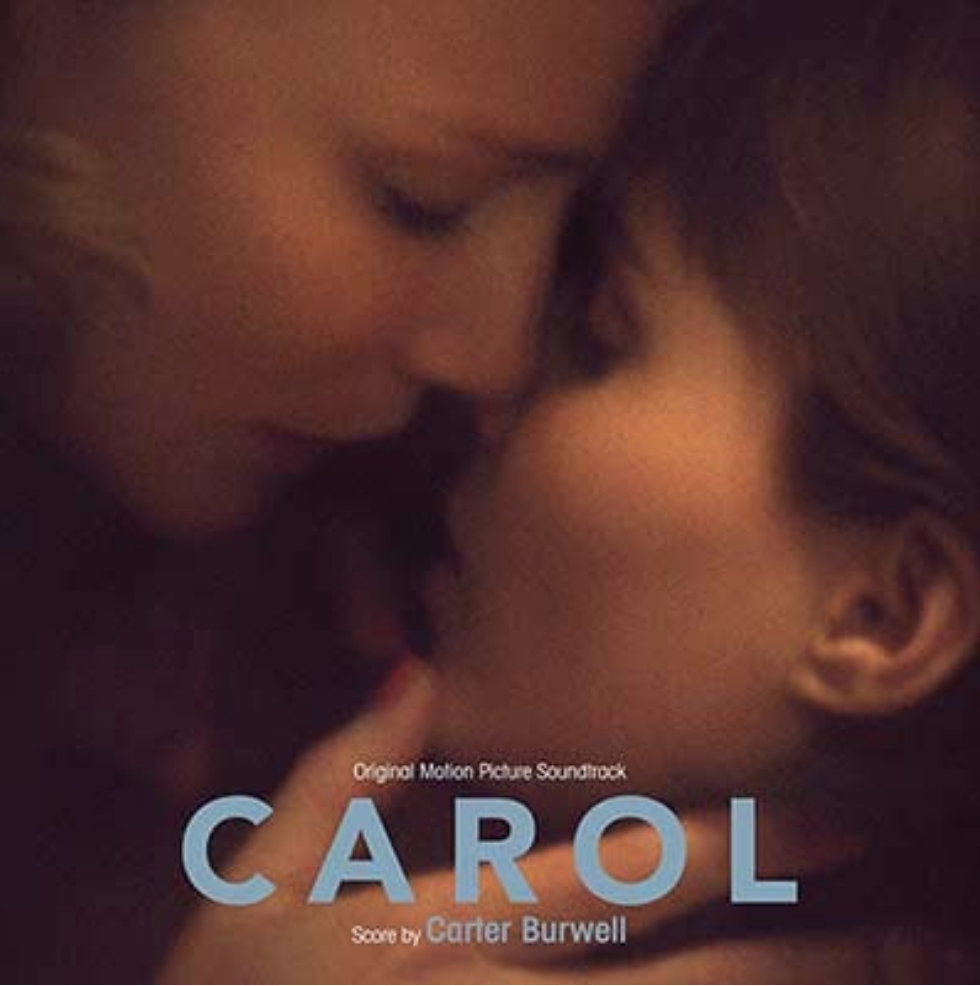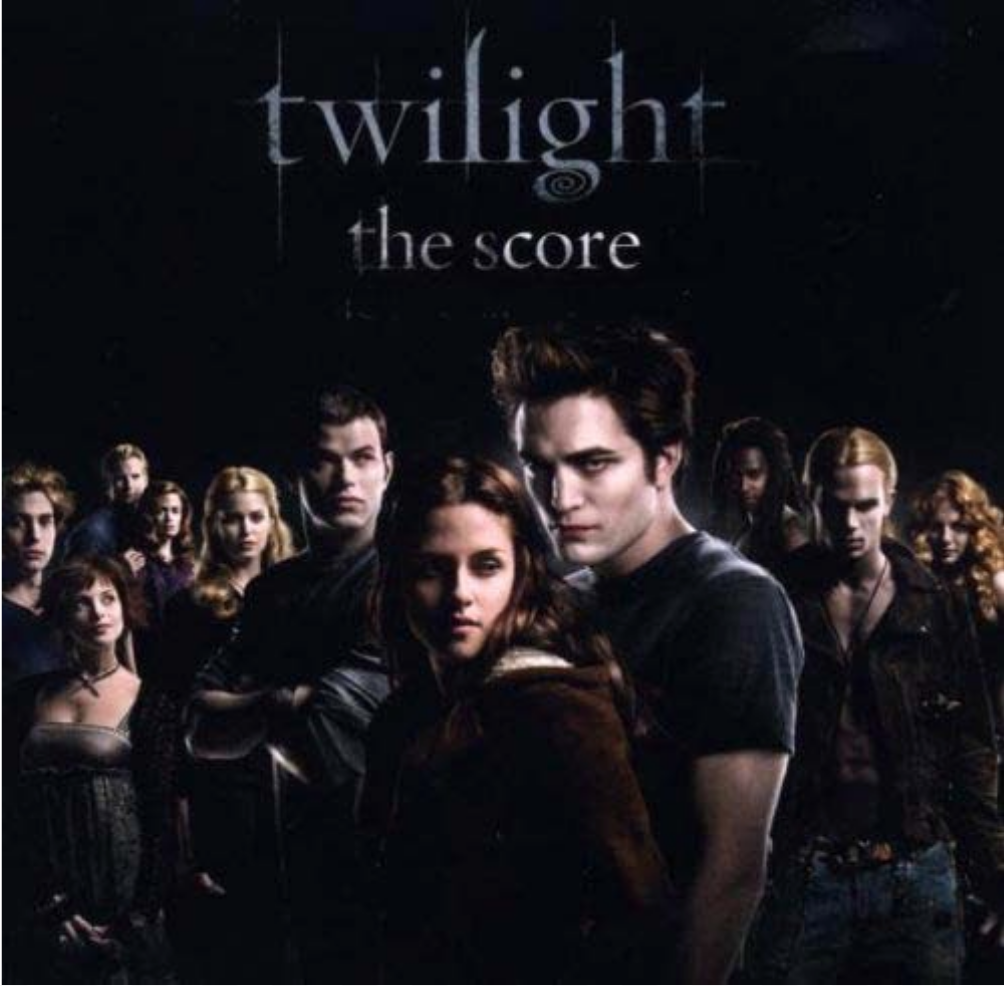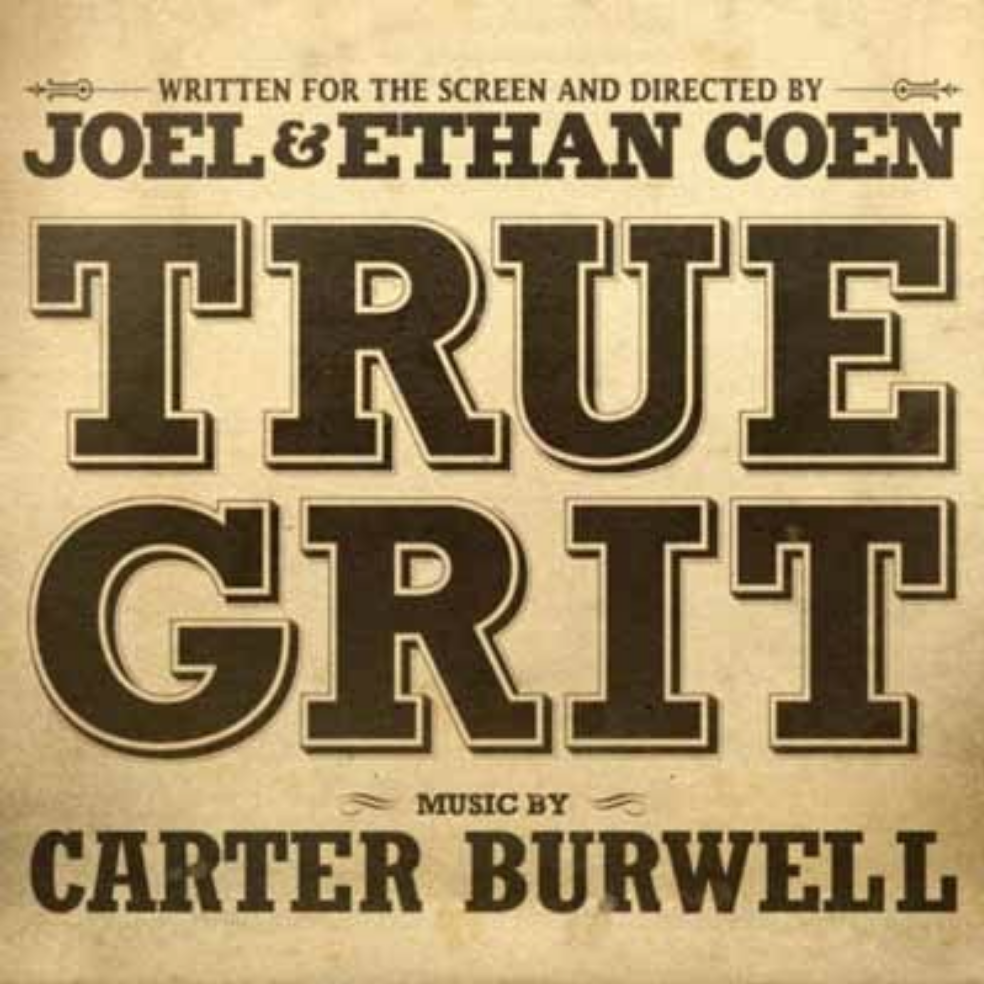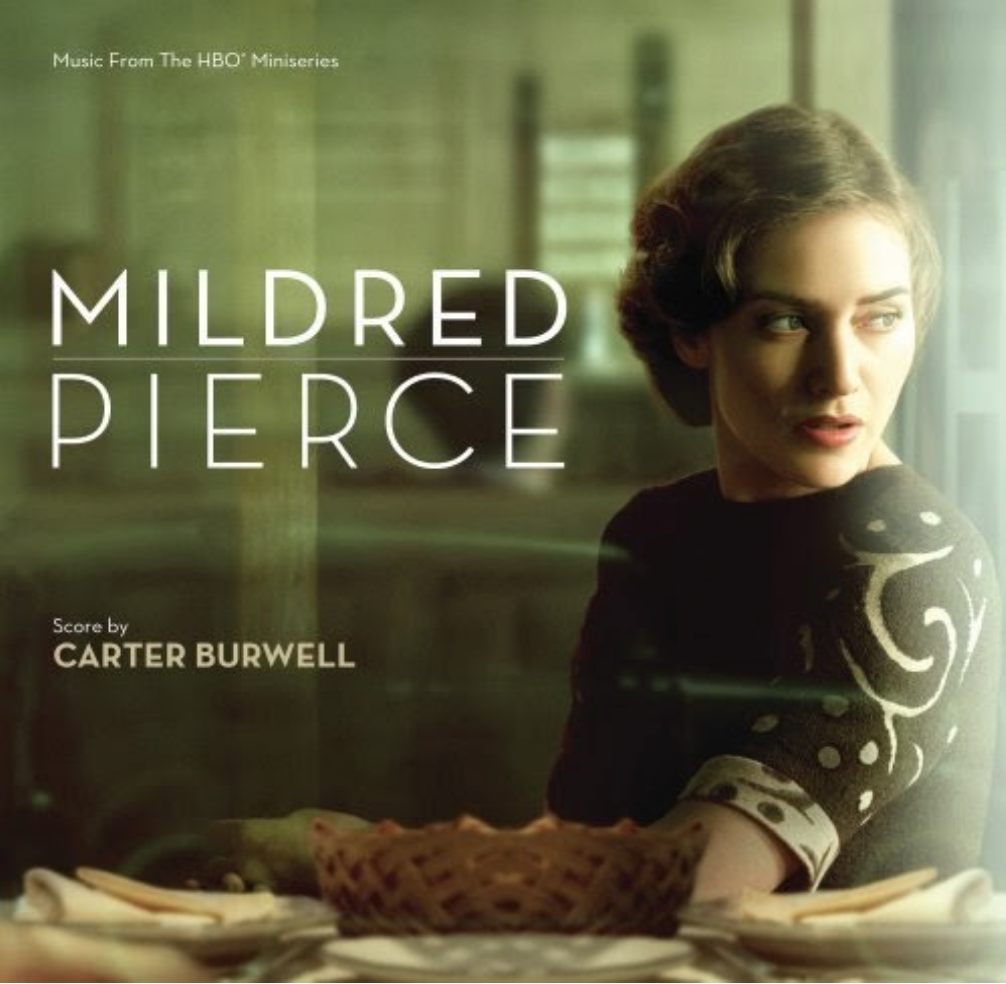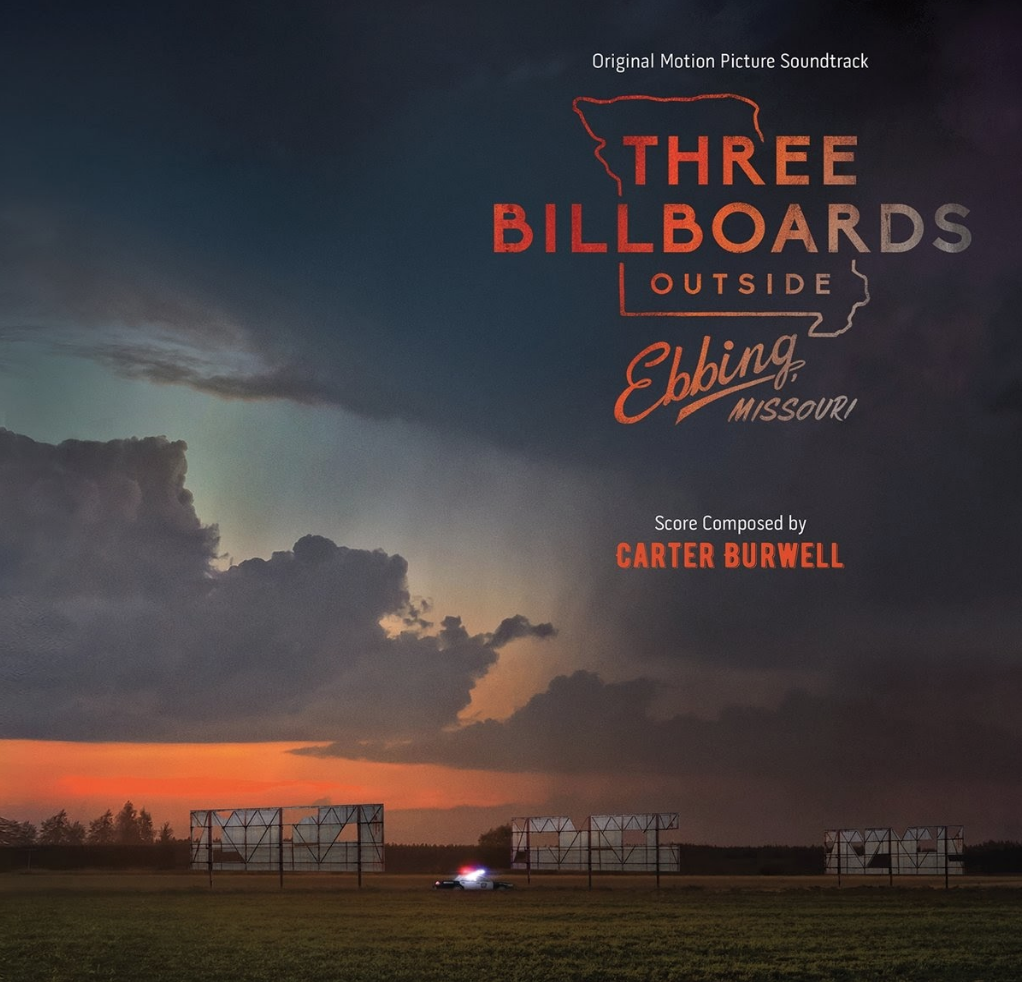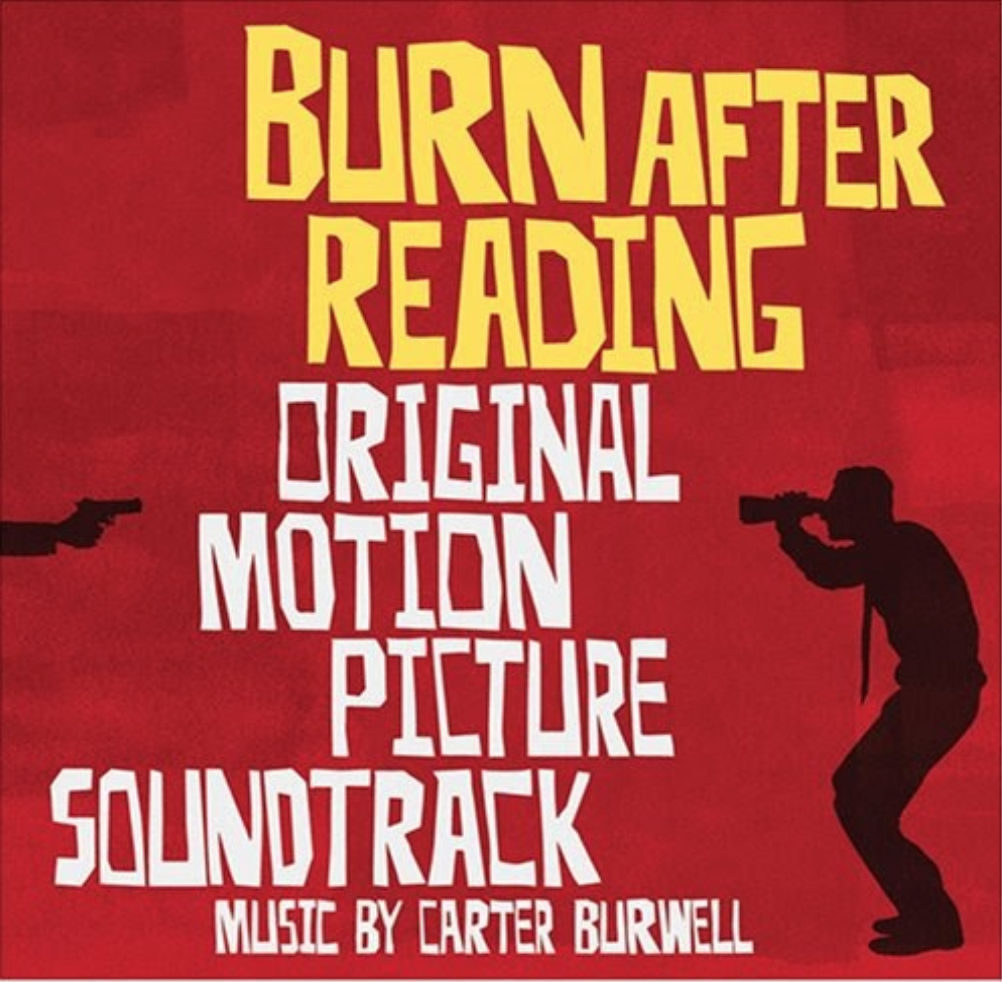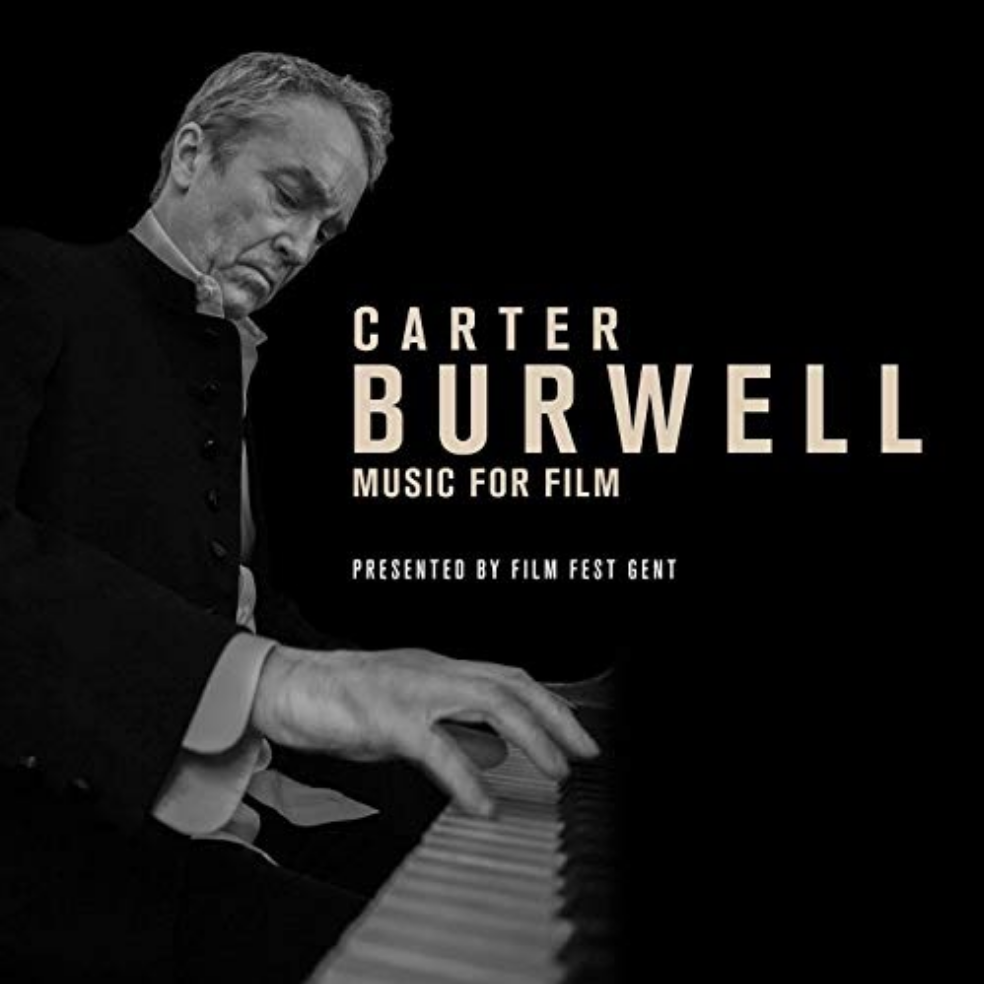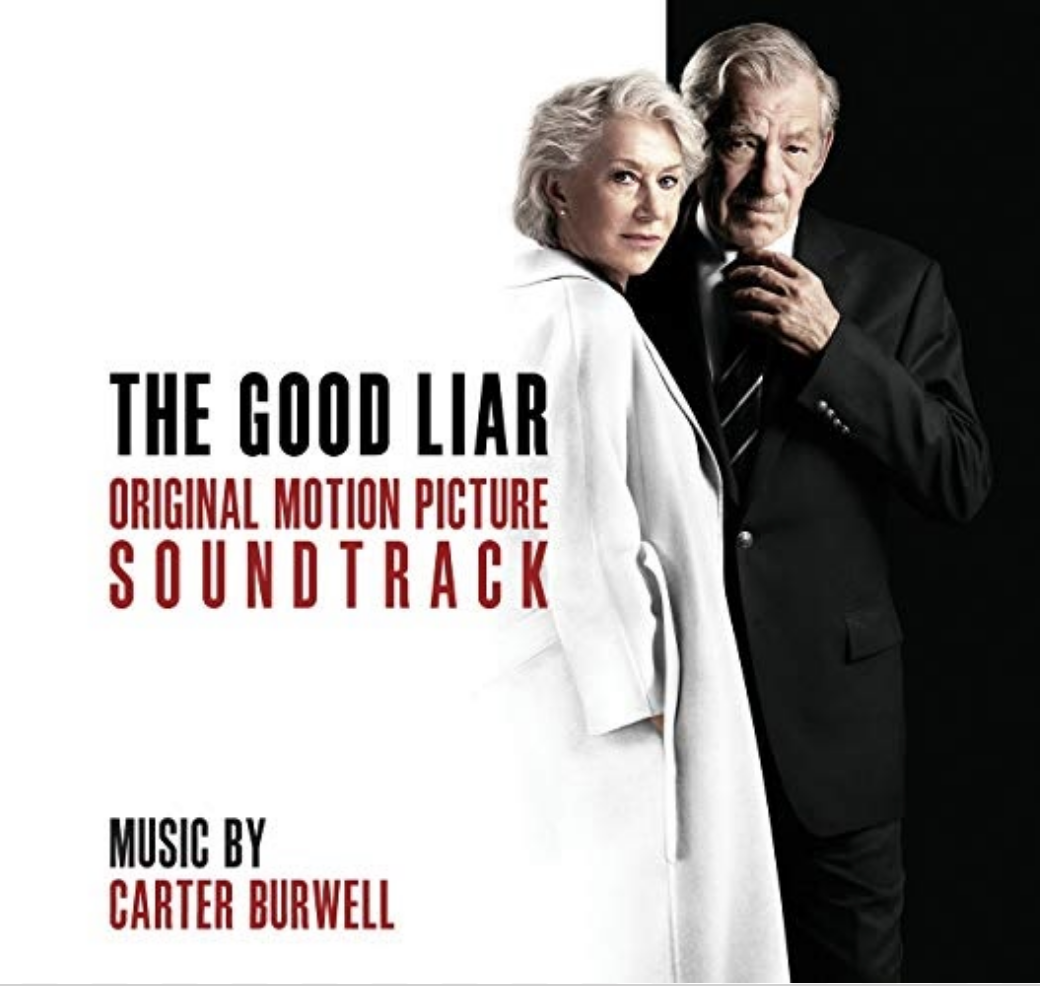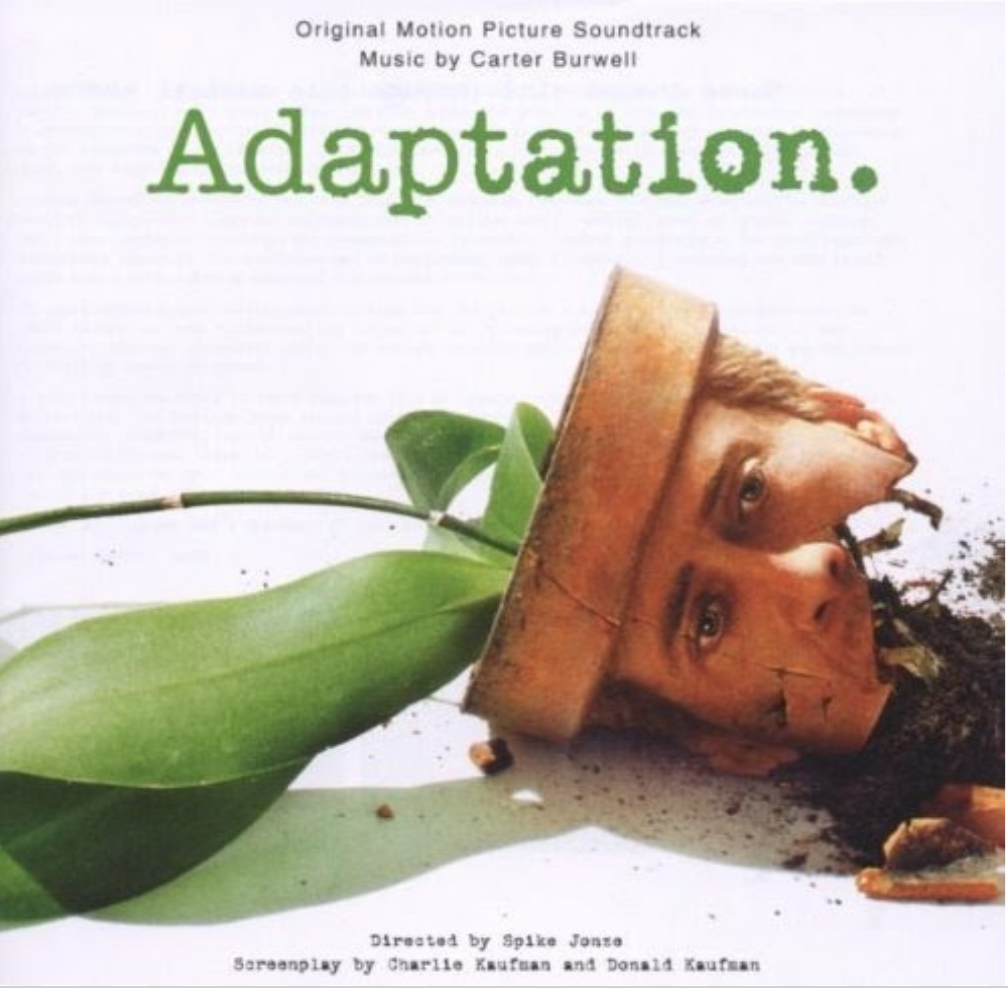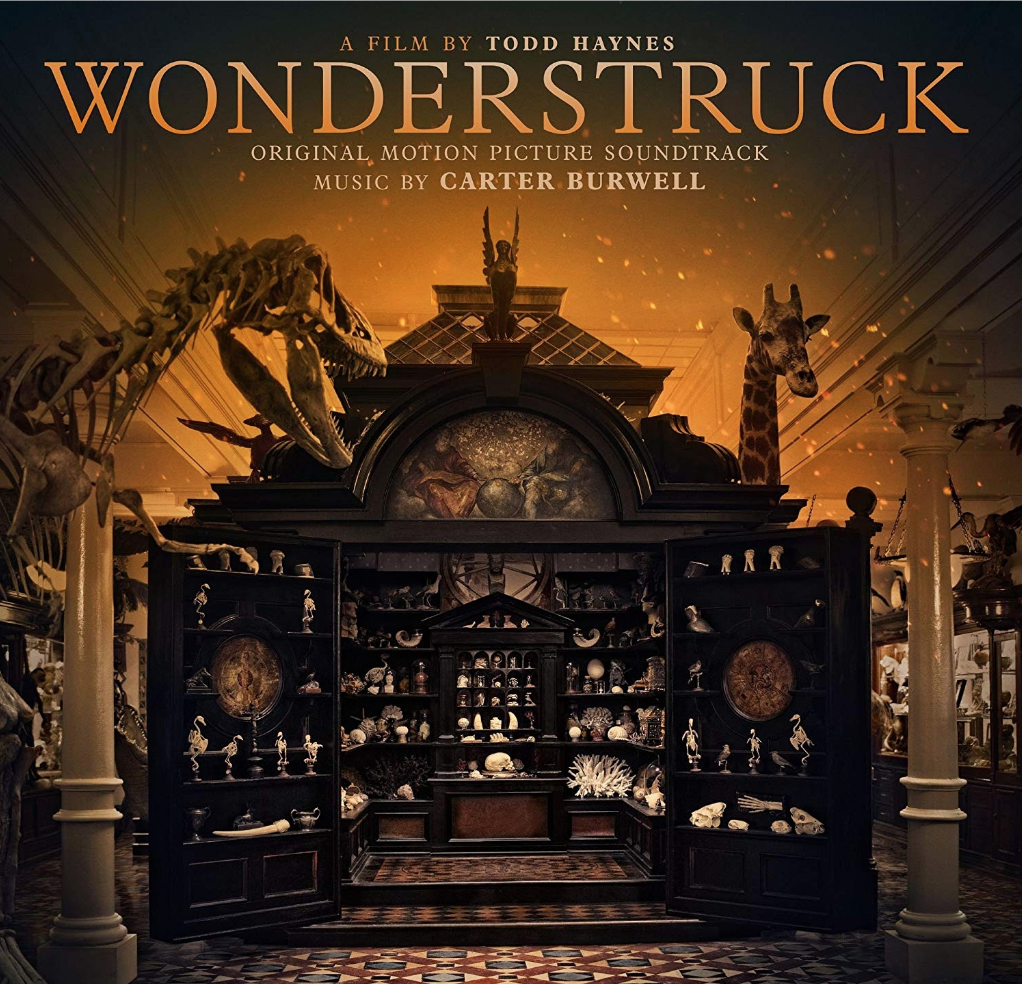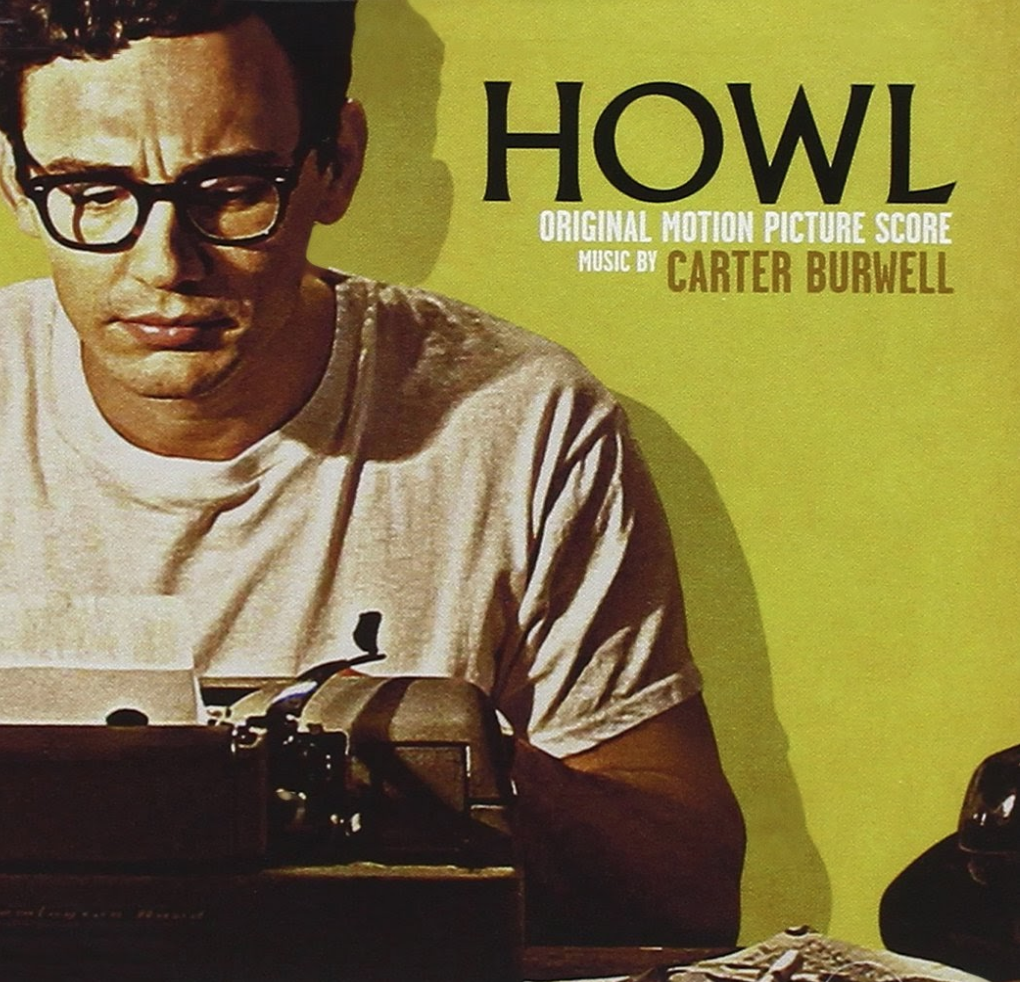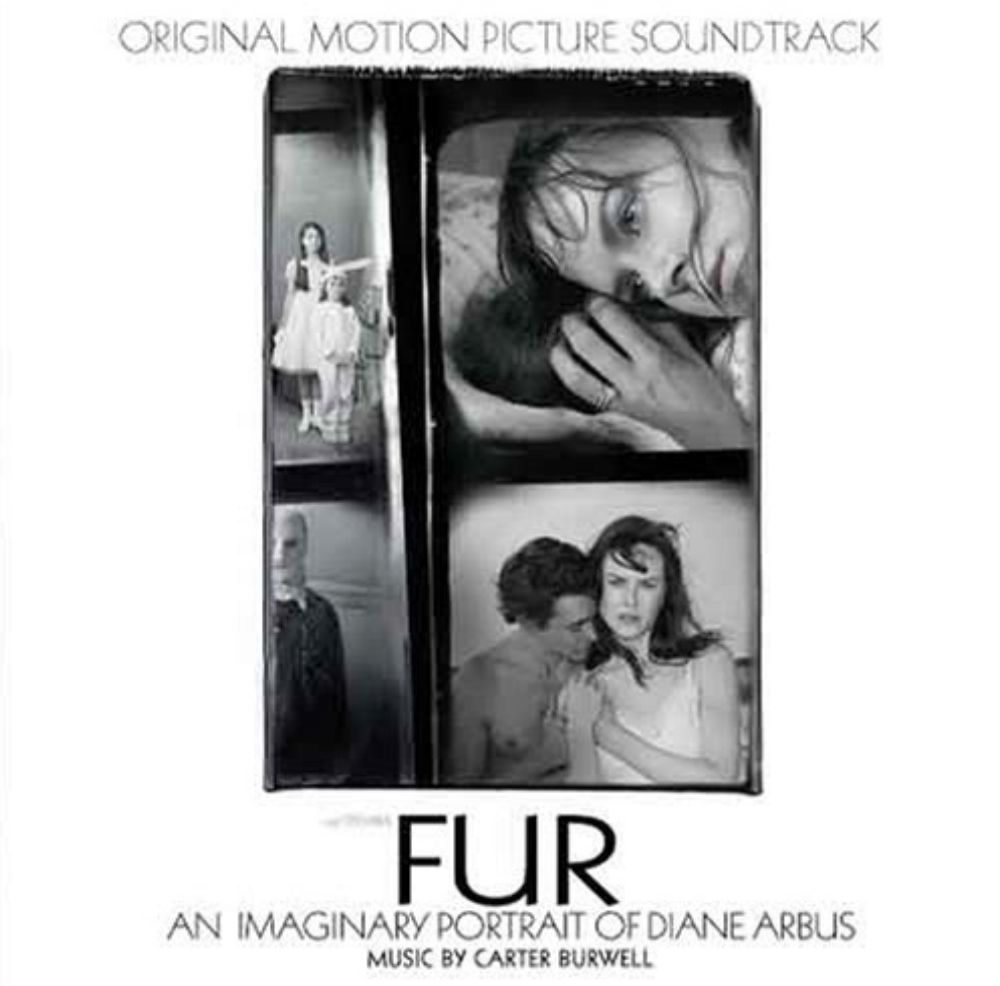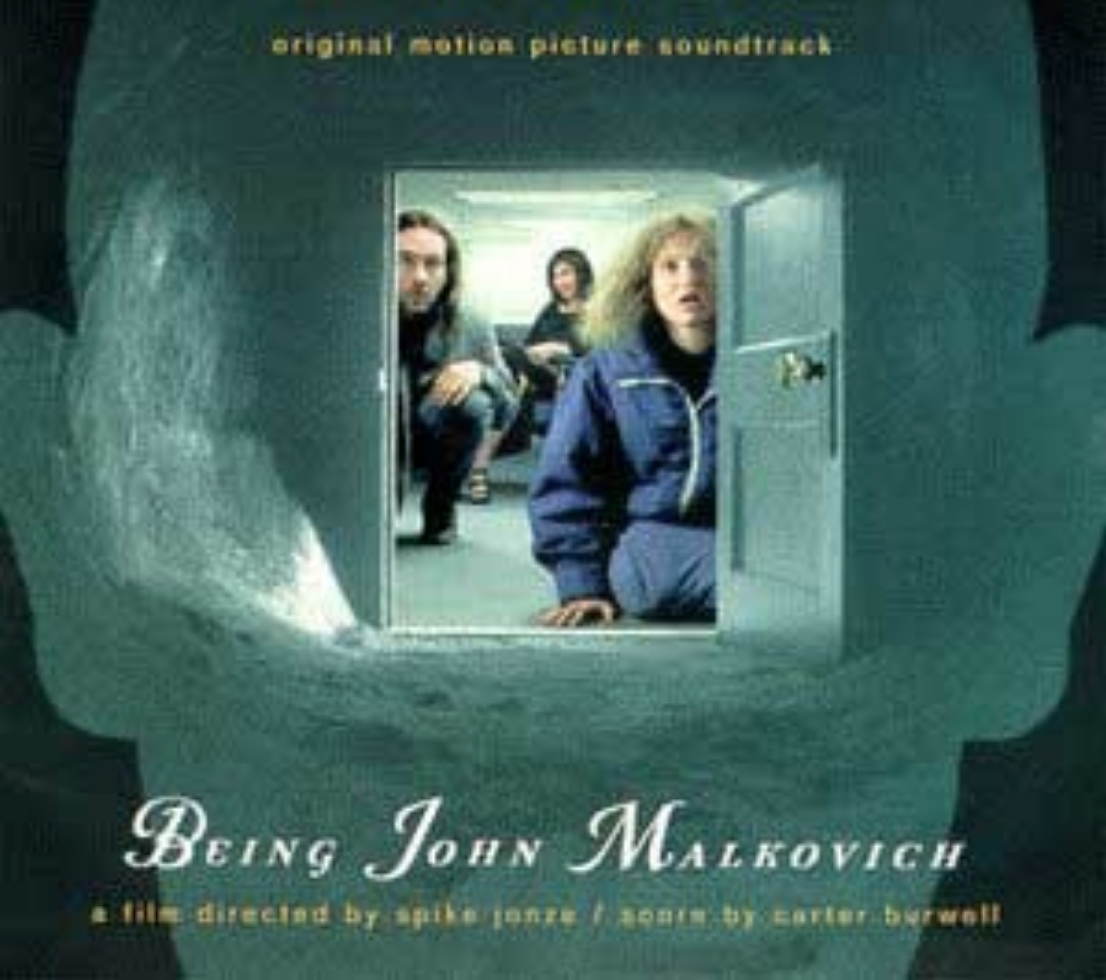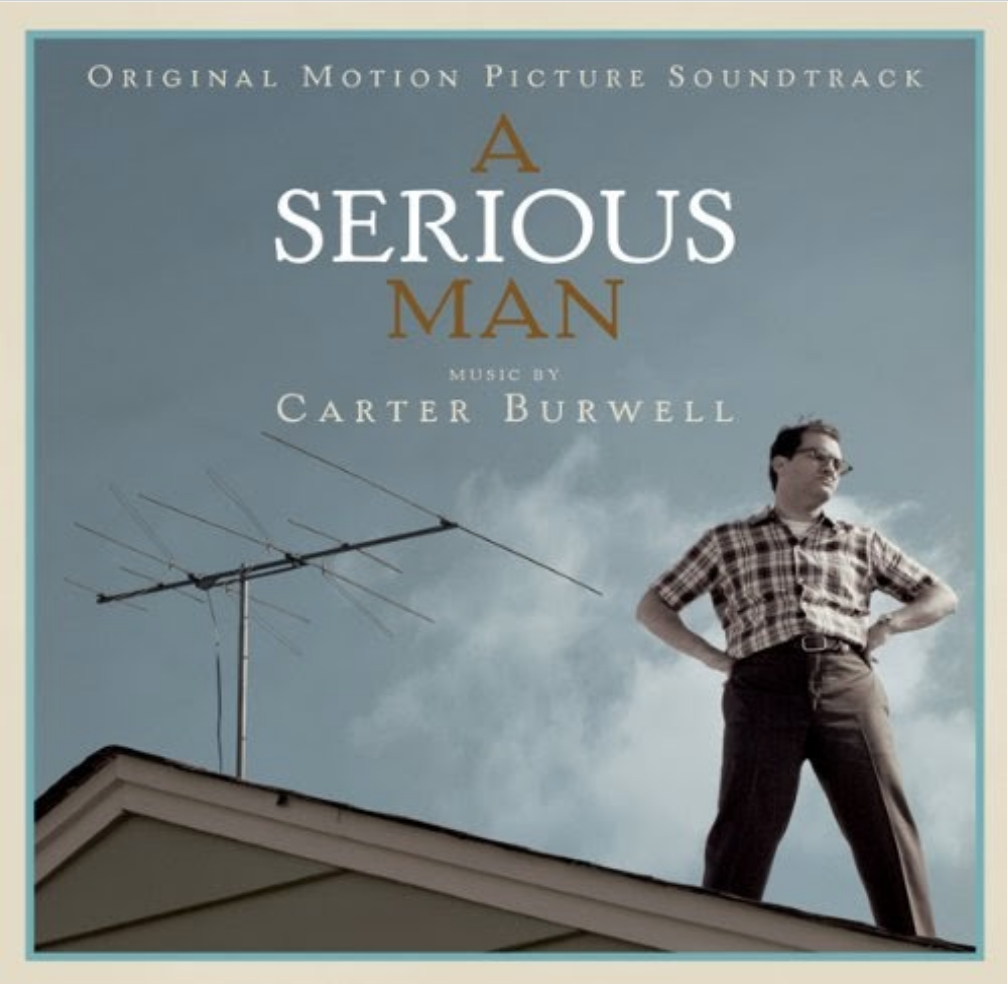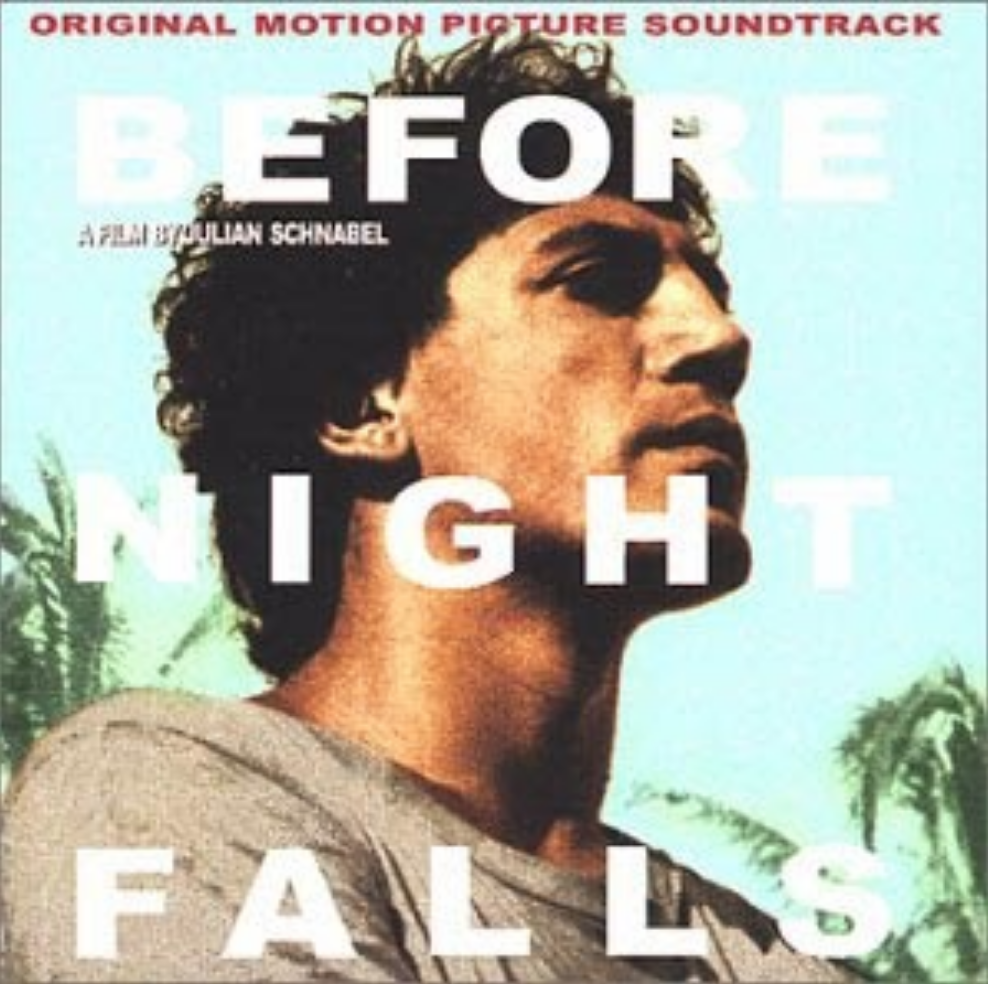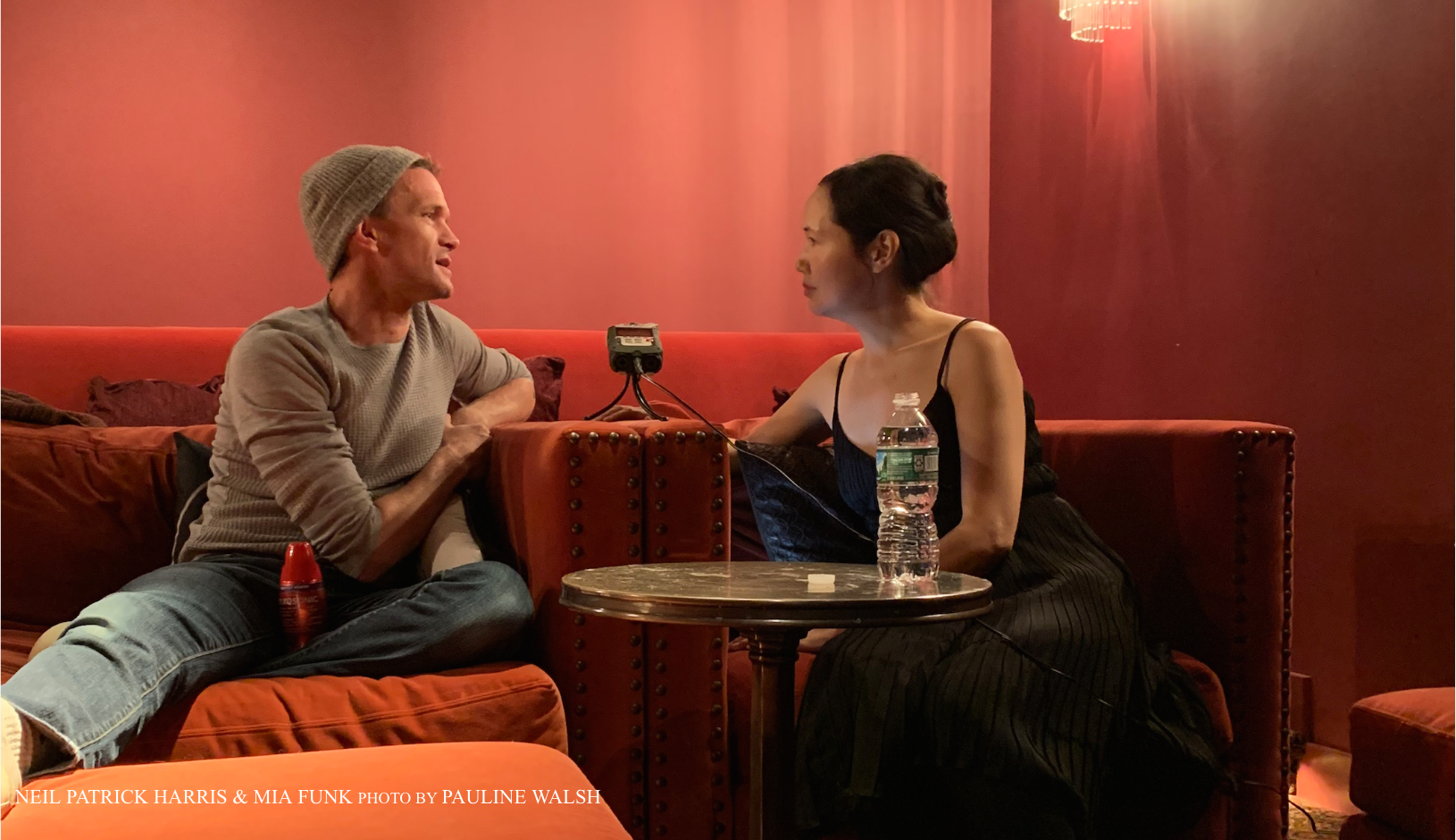Carter Burwell is an Academy Award nominated composer of film soundtracks. He has had a long working relationship with filmmakers the Coen brothers, scoring every film they have made, as well as all of Spike Jonze's films. His credits include Miller’s Crossing, Barton Fink, True Grit, Carol, Three Billboards Outside Ebbing Missouri, The Hudsucker Proxy, Rob Roy, Fargo, The Spanish Prisoner, Gods and Monsters, Being John Malkovich, Before Night Falls, Adaptation, Before The Devil Knows You're Dead, Burn After Reading, Where The Wild Things Are, Twilight, The Kids Are All Right, Seven Psychopaths, Anomalisa, and a number of scores for dance and theater. In his varied career, he has been a computer scientist and award-winning film animator. Burwell lives in Amagansett with his wife, the artist Christine Sciulli.
CARTER BURWELL
When I look at a film, I normally think what is missing from that, and that's what I'm trying to bring. I'm trying to find something that I think isn't there and that I could bring that would make it more interesting, make it more cinematic, more dramatic.
I haven't studied music, really, other than when I was around ten or eleven. I had piano lessons the way parents make children take piano lessons, and as soon as I could stop, I put my foot down and stopped. I did. I didn't find it engaging, and to this day, I don't really enjoy playing written music. I don't even enjoy playing my music. I like just making things up, but music education for children, at least in this country, doesn't typically involve that. They don't have classes in improvisation or music theory for young kids. I don't really understand why. People have tried it. Carl Orff had a system that was very much like that in Germany in the 20s, 30s, and 40s, but it's not what was done here and is certainly not what I experienced. So my musical education just completely killed any interest in music I would have had. And it was only later when I was a teenager a friend showed me a little bit about improvisation on the piano and that got me back into playing and that's why I'm doing this now. It was very therapeutic as a teenager, as an adolescent just to sit at the piano and just express things that I couldn't express in some other way.
THE CREATIVE PROCESS
I'm interested in your process when you're composing for film? What are the ideas that go into it? Do you begin by producing sounds?
BURWELL
Well, usually what I do is I look at the film, and then I go away from the film. I will watch the film. But when I'm writing, I usually begin away from the film. I don't want to be watching it. I don't want to be too locked into a particular scene or honestly to the film itself. I really just want to be thinking about the film and thinking about the sort of emotional, dramatic issues that the film presents. And I sit usually at the piano and there are a number of themes in Carol that came in different ways. There's one theme that is almost like a hymn–we were talking abut hymns in True Grit–and it's just supposed to present the spiritual level of what's going on. Because the way the film was shot, a lot of times the film was even shot through panes of colored or dirty glass.
There were a number of scenes like that. So that's what provoked me to write something that's almost hymnlike. There's another scene in which Thérèse first goes for a ride with Carol to her house, and it's shot with these very tight close-ups so that Thérèse is almost in this heightened state where she just sees Carol's gloves or she just sees the radio.
It's like your vision has been contracted, and I wanted to go with that in the music. Make it sound like you were in an altered state of mind, so the piano just piles up in these clouds of notes so that it's just very odd like you're in a different world. But this is all...I make it sound like I'm solving problems, which is true.
But there's free association involved. It's not that you can get from that scene to the idea of piano and clouds of notes in a direct, logical way, it just seemed, as I sit at the piano and I play, I think maybe I'll go a little farther that way? When I'm writing, I'm trying to make sure that there is always this possibility for free association and for random events and mistakes. Often when I'm playing I try to think about something other than what I'm playing. I may stare at the ocean or even read the newspaper. I put the newspaper up on the piano and I'm doing that while I'm playing. And then, when I hear my fingers do something that, Oh, that's interesting, I will pursue it, kind of track, try to chase the idea. That isn't necessarily even my idea. It just came from chance.
THE CREATIVE PROCESS
Chance...?
BURWELL
Or the subconscious. There are any number of ways to look at it.
THE CREATIVE PROCESS
You wrote something about your work on Carol, which is, again, one of these very subtle films. "There is no widely accepted explanation for the importance of music to humans, but one possibility is its ability to express and relieve emotional tensions that can't be put into words." So as you explored that in Carol.
BURWELL
So the situation in Carol is of a female-female relationship in the '50s when there wasn't any social acceptance of it. And in fact, the characters never even use the word lesbian. It's so far outside their realm of experience. They haven't read books about that. And even though the character Carol has had lesbian relationships, just the word doesn't come up and they just don't talk about it in those terms. And the younger woman, Thérèse, it's her point of view that we experience in the film. She's having these feelings, but she has no cultural context for how to express them, identify them or act on them. So for that film, yes, definitely an important part of the music was speaking for characters. Thérèse is often just mystified. You see her sometimes, she's fascinated with Carol, but also mystified as to what it means and that is fascinated in this way. And the music is saying all these things that she can't put together. She can't express.
So, at the same time, I wouldn't say that it's a romantic score. If you listen to that music, I don't think your first word would be it's romantic if you didn't have a film in front of you. But when you put the film together with the music, I think it's powerfully romantic. It has to do with what's not in the film and the music providing that and then the tension between the two is where the romance comes in.
THE CREATIVE PROCESS
Let's talk about some of those films and how the conversations you might have had with directors at the beginning of the process, looking at scripts, and how you brought that complexity. The different stages.
BURWELL
It's interesting the extent to which the process is always similar because film follows a certain series of steps where something is written, they get a cast, and then the film is approved. And then they shoot it and once it's shot, that's usually when the composer begins to work. And then it's edited. The music is added and that's film. So the process is the same, in a way, with all films. But at the same time, every film is really quite different. And I don't find there's any one approach that works. So, for instance, take the Coen Brothers, because we've done 13 or 14 films. even though we've done that, and we obviously know each other's working methods very well, still to a surprising extent, every one is different. Every film presents its own issues. And I'll read the script before they shoot the film, and we'll talk about ideas, different approaches, but I don't typically write music until they have shot because until I see the way the actors have interpreted the script, the way the cinematographers interpreted it, there are so many different ways to shoot a script. The script is not a film and I don't find it that helpful to me. So, I'll watch the film. And then, as I say, my general attitude is that the music should bring something to the film that isn't already there.
For instance, I think in a lot of action films, the music is really there to amplify what you're seeing onscreen. You intensify it. That's not typically the way I look at it. So I think when you began and said that I'm adding complexity to the film experience, that's the way I look at it, too. I want it to be a rich, complex, emotional experience so that you're not just experiencing one thing at a time. So there are dissonances in your mind, in your heart. And so I'm trying to think of what's not there. And that could have to do with story. For instance, the Coens and I did a movie called True Grit where I felt that it's about a 14-year-old girl who goes out into this lawless territory to try to capture the guy who shot her father. It's obviously impossible for a 14-year-old girl to do that, but I felt that in the book, the way that it's sort of explained is that she has just taken on so much church learning.
The idea of having vengeance and righteousness are so at the center of her being that that's what lets her do it. So my idea that I pitched to the Coen Brothers was that it would be nice if the score was based on hymns. Church music, things, for instance, that she would have heard in the 19th century. And they bought that idea. I actually pitched it before they went to go shoot. And so while they were off shooting I was going through 19th-century Protestant hymnals and looking for pieces that I thought would be useful. And that doesn't answer the whole question. So I figure, well, how are we going to play that? Are we going to play it like really in church? Like you have a pump organ? In the end, we didn't do that. We moved it away from church so it's played with piano and a symphony orchestra. So it doesn't sound like church music, but the tunes themselves did come from that tradition. So that's a film that presented a certain question to me and that was the solution. But another film, No Country for Old Men, in that film the problem was that the tension and suspense of that film, which is the heart of the film, it was aided by silence. The quieter it got, the more you could just hear footsteps on the carpet or something. The more it made your skin crawl. So when you heard music, it always deflated that. whenever there was music in the film, it actually fought the film. And so there the question was so how are we gonna get music into this film? Whenever we added it, it makes a film worse? And the trick there was to fade the music in underneath things like wind or the sound of cars and trucks. You never noticed the music had arrived, but it was still there to do dramatic things, to manipulate the audience's emotions, but you didn't know there was music because when you noticed music, it sort of somehow defeated the reality that the film was trying to create.
So I could go on and on. Every film presents its own problems, and I do to a fair extent consider what I do to be problem-solving. I look at the film, the issues it presents, the problems and the opportunities, and then try to find the best way to solve them.
Excerpt of a 5,000 word interview which will be published across our network of participating journals in the coming weeks. This interview was conducted by Mia Funk with the participation of collaborating universities and students. Associate Interviews Producer on this podcast was Allison Thevney. Assignment Editor was Sorella Lark. Digital Media Coordinator is Camille Montilino. “Winter Time” was composed by Nikolas Anadolis and performed by the Athenian Trio.
Mia Funk is an artist, interviewer and founder of The Creative Process.




